Air Freight to Kenya
Air Freight to Kenya
Fast, Reliable, and Efficient Air Freight to/from Kenya
DFreight Air Freight Service is your top choice for swift and dependable air cargo shipping to/from Kenya. For a variety of commodities, including perishable goods, healthcare supplies, electronics, machinery, or anything that demands fast delivery from Kenya to the UAE and vice versa, we’ve got you covered. With years of expertise, comprehensive solutions, a commitment to on-time delivery, cutting-edge technology, top-notch security, competitive pricing, and a global reach, we’re here to make your airfreight experience seamless and worry-free. Trust DFreight for excellence in air shipping and submit your inquiry right away to receive the best competitive prices for your air cargo to/from Kenya.

Kenya Exports and
Imports
The top exports of Kenya are Tea, Cut Flowers, Coffee, Refined Petroleum, and Titanium Ore, exporting mostly to Uganda, Netherlands, United States, Pakistan, and United Kingdom.
The top imports of Kenya are Refined Petroleum, Palm Oil, Packaged Medicaments, Cars, and Hot-Rolled Iron, importing mostly from China, India, United Arab Emirates, Saudi Arabia, and Malaysia.
Market Update
According to OEC, in 2021, Kenya was the number 59 economy in the world in terms of GDP, the number 109 in total exports, the number 81 in total imports, the number 142 economy in terms of GDP per capita and the number 83 most complex economy according to the Economic Complexity Index.
Kenya exported US$391.61 Million during 2021 to the United Arab Emirates and imported US$1.83 Billion during 2021 from the UAE, according to the Trading Economics database.
The Kenya–UAE freight market is expected to grow significantly in 2023, as cargo transportation and trade between the two countries continues to increase. The Kenyan government is investing heavily in infrastructure and transportation that will facilitate the smooth movement of cargo and containerized freight between the two countries. This is also expected to spur increased development of the aviation sector, as well as inter–port cooperation, which will facilitate more efficient cargo aggregation and movement. All this is expected to create new opportunities in both countries and the wider East African region.
Banned Products
Kenya has strict regulations regarding the import of banned products. Some of the products that are prohibited from entering the country include items such as narcotics, firearms, ammunition, endangered animal or plant species, and those containing asbestos. Additionally, any hazardous materials must be properly labeled before entering into Kenya in order to ensure safety and compliance with the country’s environmental protection laws. Therefore, any individuals or businesses importing to Kenya should ensure that all products comply with the country‘s guidelines before attempting to import them.

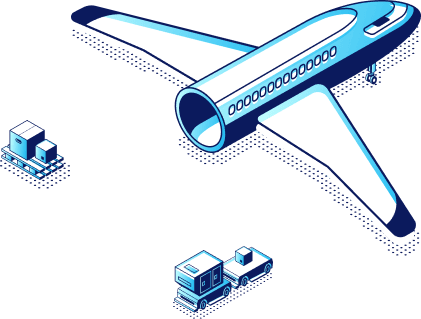
Documents & Customs Clearance
One thing to take into account when exporting cargo internationally is customs clearance. You must be aware of the customs clearance regulations of the destination countries when shipping cargo from Kenya.
The following documentation must be given to local customs for international shipments by the supplier, consignee, or intermediary:
– A commercial invoice
– A packing list
– A bill of lading
– A certificate of origin
Shipping Different Commodities from/to Kenya
Break Bulk Cargo: All You Need to Know
Shipping Clothes to UAE-A Comprehensive Guide
How to Ship Computer Parts From China
Major Air Cargo Port
-
Italy
Germany
United Kingdom
Netherlands
France
Turkey
Spain
Denmark
Switzerland
Czech Republic
Hungary
Poland
Romania
Greece
Portugal
Slovakia
Sweden
Ireland
-
China
India
Taiwan
Hong Kong
Japan
Singapore
South Korea
Malaysia
Qatar
Indonesia
Saudi Arabia
Thailand
Bangladesh
Lebanon
Kuwait
-
Uganda
Congo
Egypt
Rwanda
Kenya
South Africa
Morocco
Algeria
-
-
-


We consolidate cargo from Germany, Belgium, France, Luxembourg, and nearby cities to Amsterdam, then ship it directly to Dubai.
Certificates & Memberships
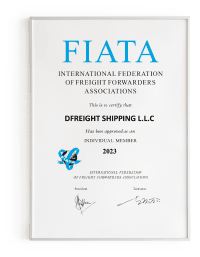
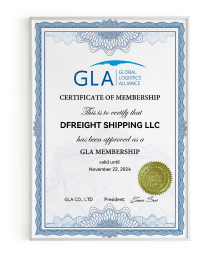
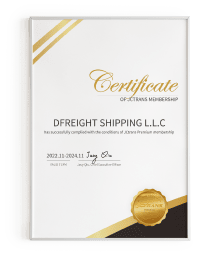
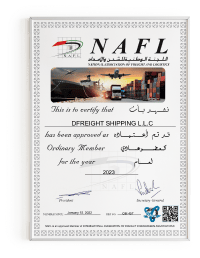
- Stress-Free Documentation We simplify the paperwork process, making it easy for you to focus on what matters most – your shipment.
- Clear Cost Breakdown Our pricing is straightforward, with a detailed breakdown so you can see exactly where your money goes.
- Dedicated Support We’re just a click away. Your dedicated support team is there to address any questions or concerns promptly.
- Live Shipment Tracking Easily follow your ocean and air freight shipments 24/7 with real-time tracking. No more unexpected delays.
Ship Your Cargo with Ease
Get Started Today!
Why Choose Consolidated Air Freight?
Guaranteed Space
Secure your cargo space without worries.
Reliable Scheduling
Count on our reliable predictive schedules
Nationwide Collections
We pick up your cargo throughout Benelux and Germany
Regional Trucking
Benefit from local trucking within Europe and GCC
Competitive Pricing
Enjoy market-competitive air freight rates
Fast Delivery
Rapid and secure shipping for time-sensitive items
Regional Trucking
Benefit from local trucking within Europe and GCC
Competitive Pricing
Enjoy market-competitive air freight rates
Fast Delivery
Rapid and secure shipping for time-sensitive items
Guaranteed Space
Secure your cargo space without worries.
Reliable Scheduling
Count on our reliable predictive schedules
Nationwide Collections
We pick up your cargo throughout Benelux and Germany
Any Questions?
Reach out to us, and our experts will work with you to discover the tailored solution you need.





 Germany
Germany Netherlands
Netherlands Luxemburg
Luxemburg Belgium
Belgium





